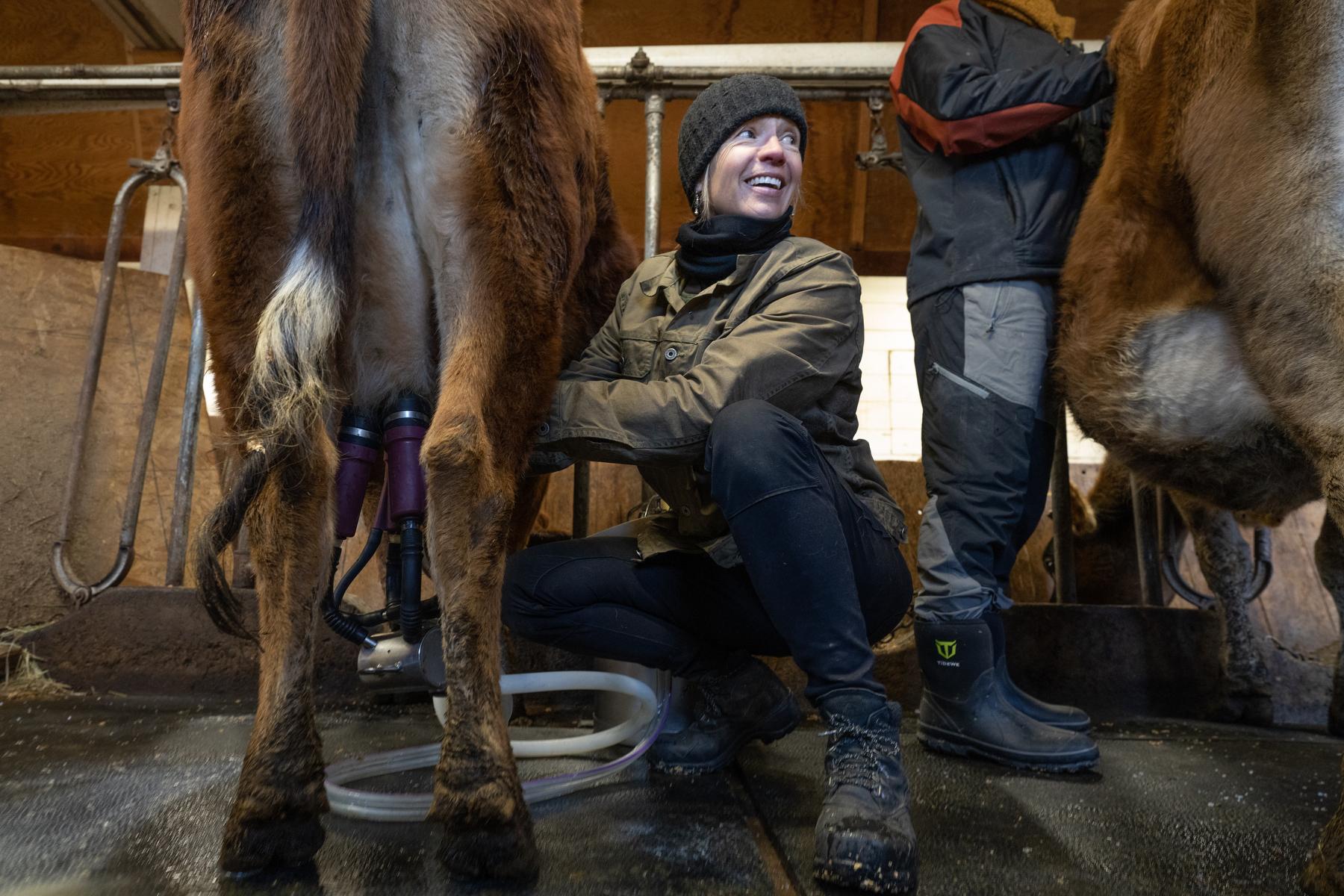
The proposed "raw milk" bill died in front of the full Senate on Thursday.
State lawmakers laid the bill over until a day after the legislative session ends in two weeks, days after it passed its final Senate committee hearing.
The bill's failure comes amid increased scrutiny of raw milk among federal agencies.
In March, the avian flu jumped from poultry to cattle, sparking concerns that the virus could become widespread among commercial cow herds. Earlier this month, U.S. agriculture and food safety officials detected the presence of the highly pathogenic avian flu in raw milk.
A joint statement from several U.S. agencies, including the Department of Agriculture and the U.S. Centers for Disease Control and Prevention, told consumers that the commercial pasteurization process — which raw milk doesn't undergo — kills harmful bacteria and viruses, including the avian flu.
As things stand in Colorado, obtaining raw milk as a consumer is only legal through herd share programs.
The bill would have allowed raw milk producers to sell their products directly to consumers without the need for a herd share membership. Consumers would have also been able to get raw milk delivered to their homes or buy it from farmer’s markets. Raw milk products would have still been banned from grocery stores.
But the bill would also have opened up dairy farmers to fines and regulations, as they would have had to register with the Colorado Department of Public Health in order to sell to consumers. The bill didn't specify what regulations farmers would have to abide by, instead giving the commissioner of the Colorado Department of Agriculture the power to adopt rules about the safe storage, handling, and transportation of raw milk.
The benefits of raw milk are contested. While people who sell and consume raw milk often say it's easier to digest and more nutritious, studies have shown that there’s little nutritional difference between raw and processed milk. That, combined with the health risks associated with the product, has left many skeptical.
A CDC study found that between 1998 and 2018, over 2,600 illnesses were caused by drinking raw milk. The CDC states elderly adults, young children, and immunocompromised people are most at risk of becoming ill from raw dairy.








